FACULTY of ENGINEERING
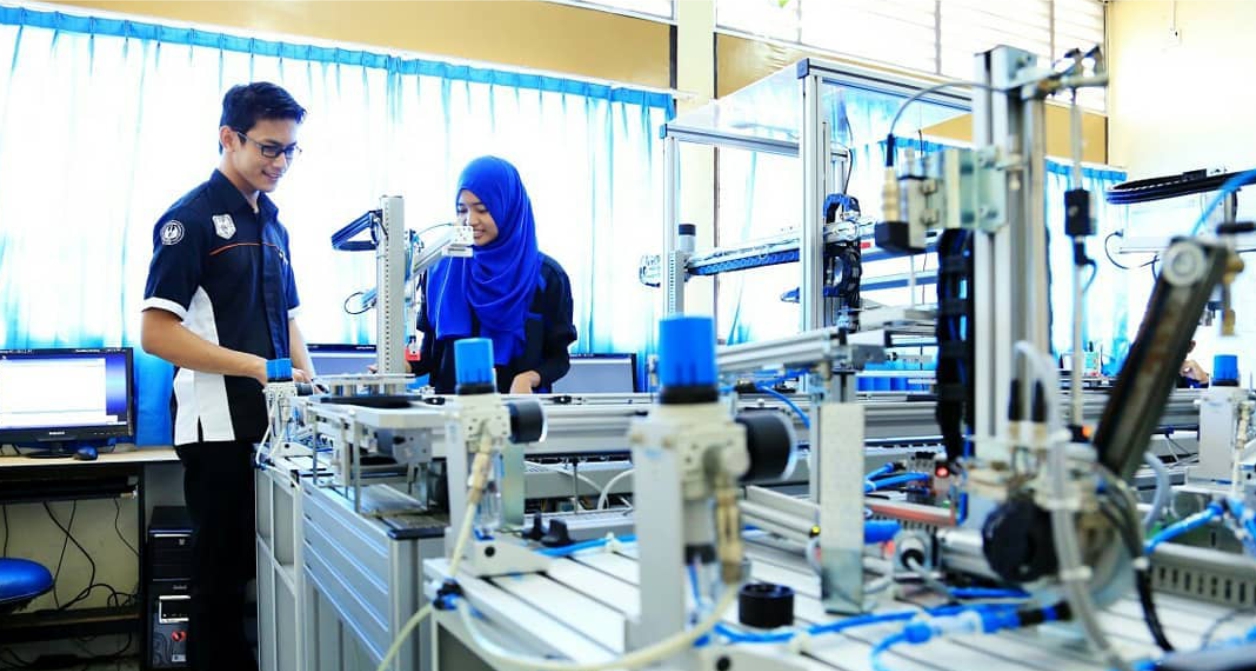
ELECTRICAL ENGINEERING EDUCATION
The electrical engineering education study program learns about the principles of mathematics and physics related to the principles of electricity, knowledge of the law and basic theory of electricity, as well as the concept of the electrical engineering vocational learning system.
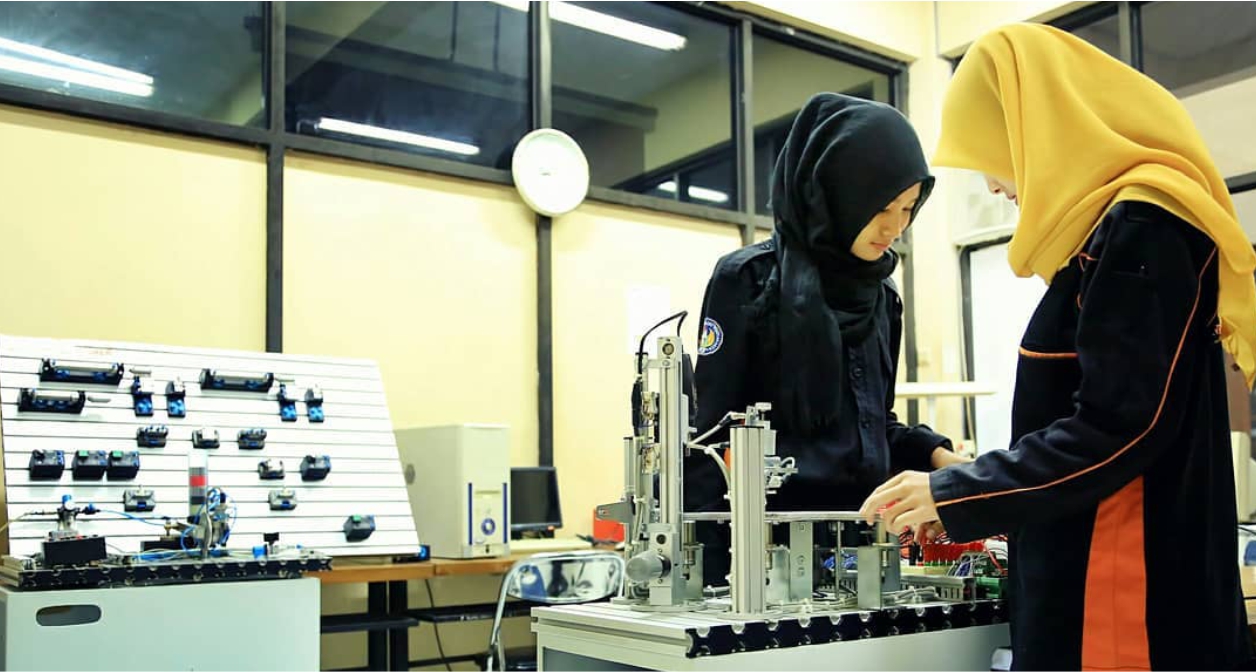
ELECTRONICS ENGINEERING EDUCATION
The electronics engineering education study program studies the theoretical concepts of natural science, applications of engineering mathematics, engineering principles, engineering science, and engineering design required for the analysis and design of electronic systems.
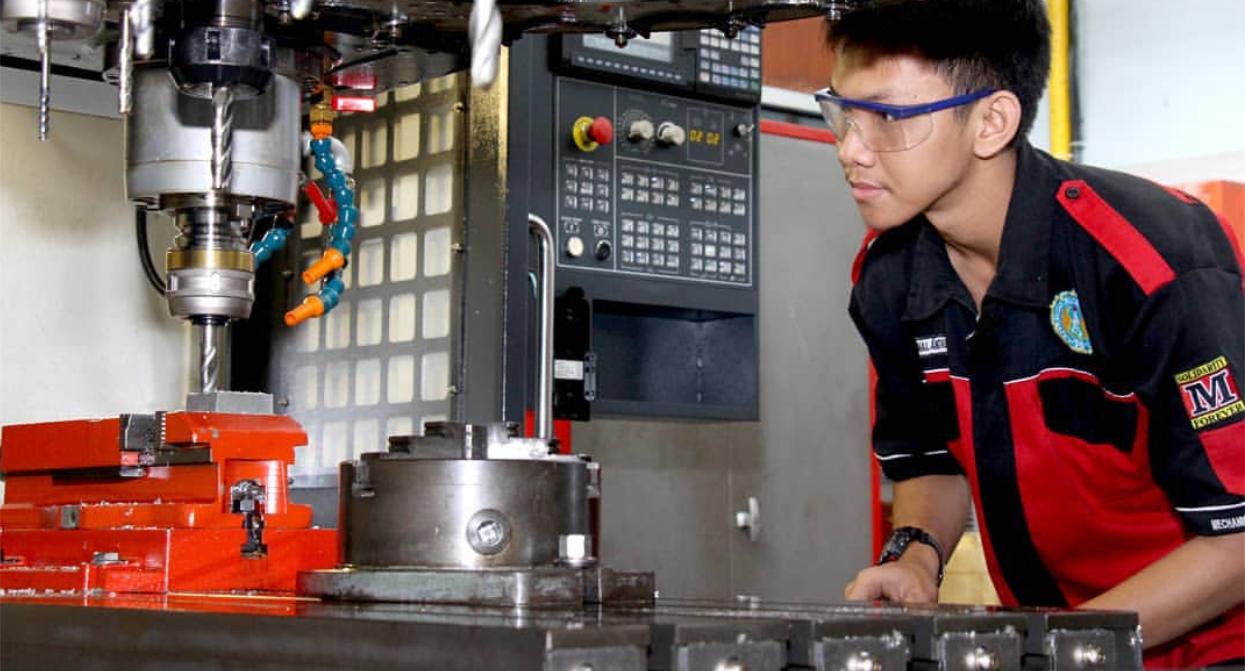
MECHANICAL ENGINEERING EDUCATION
The mechanical engineering education study program learns concepts in planning and carrying out lessons, basic concepts of mechanical engineering in general and basic concepts of concentration: machining engineering, metal fabrication, engineering drawings, industrial machine maintenance, casting and welding in depth.
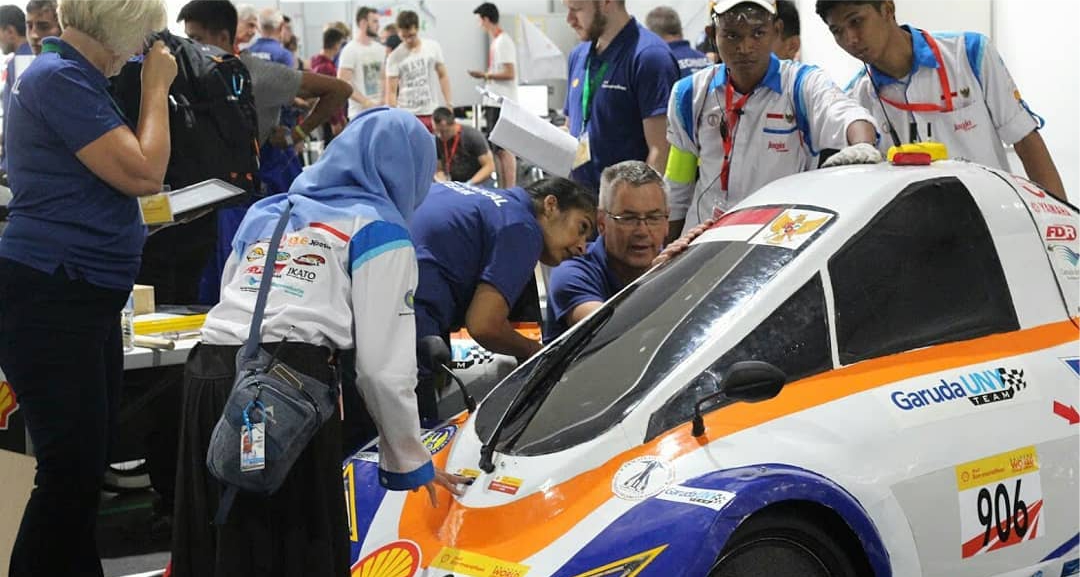
AUTOMOTIVE ENGINEERING EDUCATION
The automotive engineering education study program learns about basic knowledge and development of learning technology in automotive engineering theory and practice, as well as the ability to plan and design strategies and models for sustainable automotive engineering learning development.

CIVIL ENGINEERING AND PLANNING EDUCATION
The civil engineering and planning education study program studies the theoretical concepts of natural science, applications of engineering mathematics, engineering principles, engineering science and engineering design that are needed for analysis and planning in the context of civil engineering education and planning.

CULINARY EDUCATION
The culinary education program learns about theoretical concepts and develops scientific knowledge critically, systematically, and innovatively in the context of culinary education in the field of patisserie and catering services supported by mastery of food, nutrition, and culinary arts knowledge.

FASHION EDUCATION
The fashion education study program learns about theoretical concepts of pedagogy and knowledge concepts in the field of fashion studies and the application of various fashion learning methods and learns the principles and techniques of designing and evaluating fashion learning.

MECHATRONICS ENGINEERING EDUCATION
The mechatronic engineering education study program learns about concepts in the field of mechatronic systems based on PLC, microcontroller, and computer control, the concept of professional development as a vocational educator in accordance with the professional ethics of educators.

INFORMATICS ENGINEERING EDUCATION
Information technology study program learns about concepts, studies the design, implementation, development, support or management of computer-based information systems, especially in hardware and software applications.

ELECTRICAL ENGINEERING
The electrical engineering study program studies the principles of mathematics and physics related to the principles of electricity, knowledge of the law and basic theory of electricity, knowledge of design, analysis and application of measurement systems related to electric power.

INFORMATION ENGINEERING
Information technology study program studies the design, implementation, development, support or management of computer-based information systems, especially in hardware and software applications.

MANUFACTURE ENGINEERING
The manufacturing engineering study program is a discipline in the field of engineering that is related to various production activities, research and development of process systems, machines, tools, and equipment. Manufacturing engineering deals with machines that convert raw materials into finished products.

CIVIL ENGINEERING
The civil engineering study program studies the fields of mathematics, science, materials science, mechanics, experimentation, design, teamwork, problem solving, ethics, communication, as well as understanding contemporary issues and historical perspectives so that they are able to design, plan, implement and supervise buildings.

INDUSTRIAL ENGINEERING
The Industrial Engineering study program aims to produce graduates who are competent in designing, analyzing, and optimizing industrial systems to improve efficiency and productivity.

ARCHITECTURE
The Architecture Study Program learn building design, construction techniques, aesthetics, and sustainability, supported by technologies like CAD. Graduates could work as architects, urban planners, interior designers, project managers, environmental consultants, or entrepreneurs in design and construction.
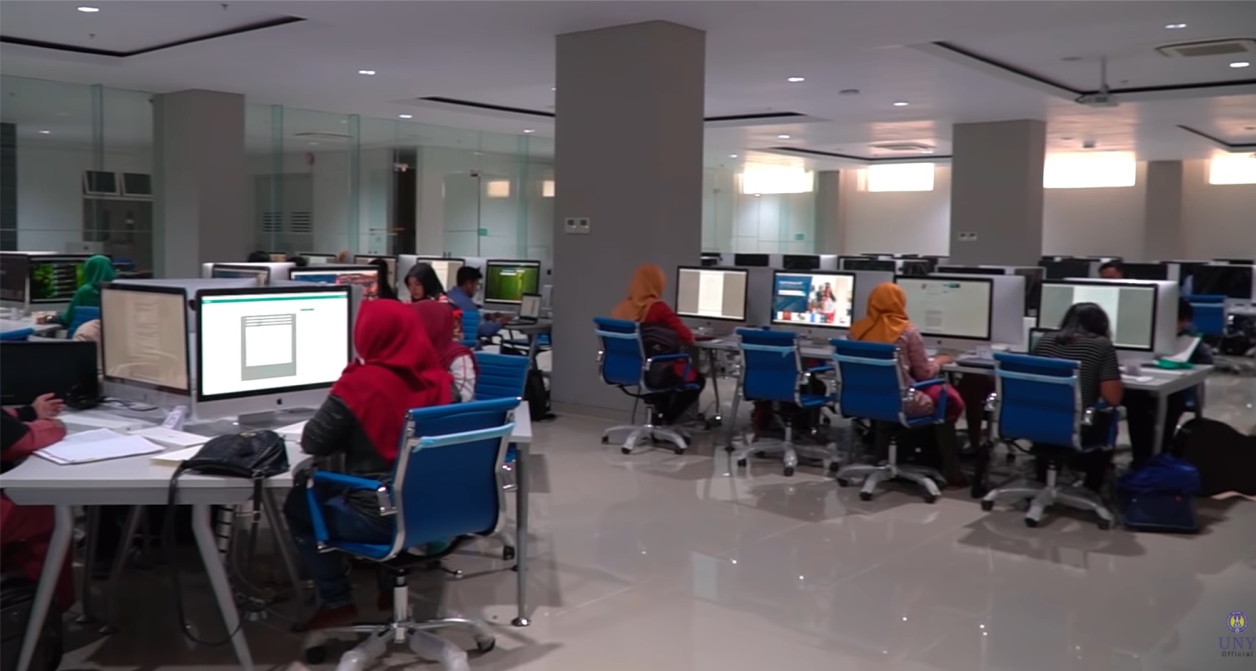
ELECTRONICS AND INFORMATICS ENGINEERING EDUCATION
The Electronic & Informatics Engineering Education Study Program (Master Program) has two concentrations, namely Electronic Engineering Education and Informatics Engineering Education. Each concentration has courses that always follow the new technology used in the industrial world. Master of PTEI also has a dual degree program with the Graduate Institute of Network Learning Technology, School of Electrical Engineering and Computer Science, National Central University, Taiwan. This dual degree program allows PTEI Masters students to have two degrees after graduation.

ELECTRONICS ENGINEERING EDUCATION
The electronics engineering education study program studies the theoretical concepts of natural science, applications of engineering mathematics, engineering principles, engineering science, and engineering design required for the analysis and design of electronic systems.

MECHANICAL ENGINEERING EDUCATION
The mechanical engineering education study program learns concepts in planning and carrying out lessons, basic concepts of mechanical engineering in general and basic concepts of concentration: machining engineering, metal fabrication, engineering drawings, industrial machine maintenance, casting and welding in depth.
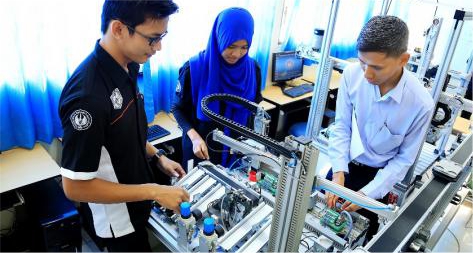
FAMILY WELFARE EDUCATION
The Family Welfare Education aims to produce graduates who are competent in managing and developing family welfare education, as well as enhancing the quality of family life.
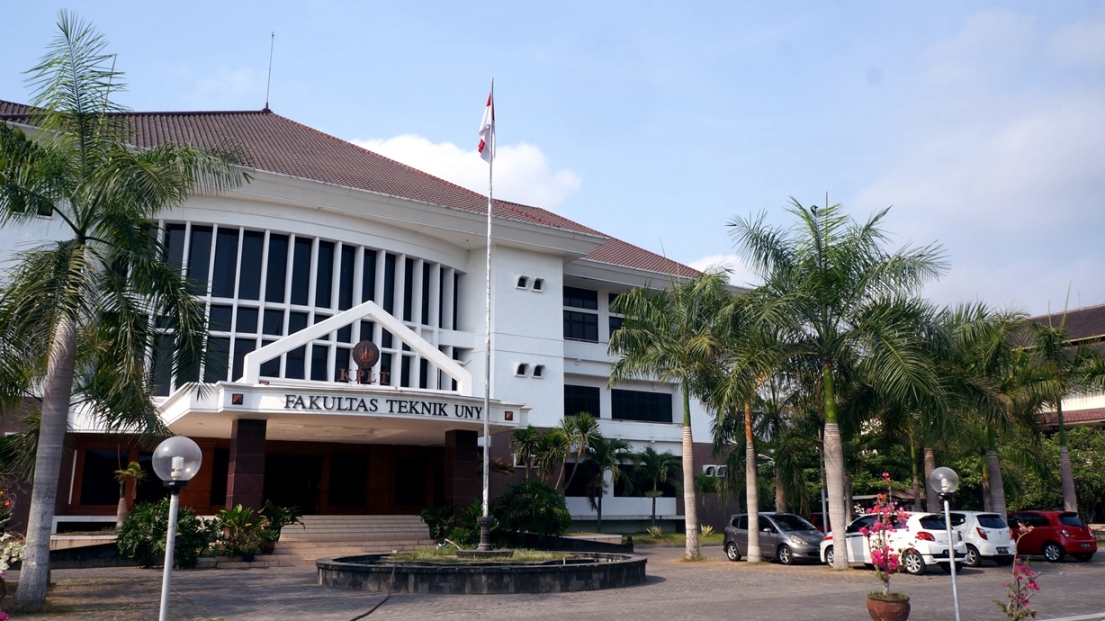
ENGINEERING SCIENCE
Doctoral Program of Engineering Science aims to produce graduates who possess high competence in research and development in the field of engineering, and are capable of contributing to technological innovations that benefit society.
